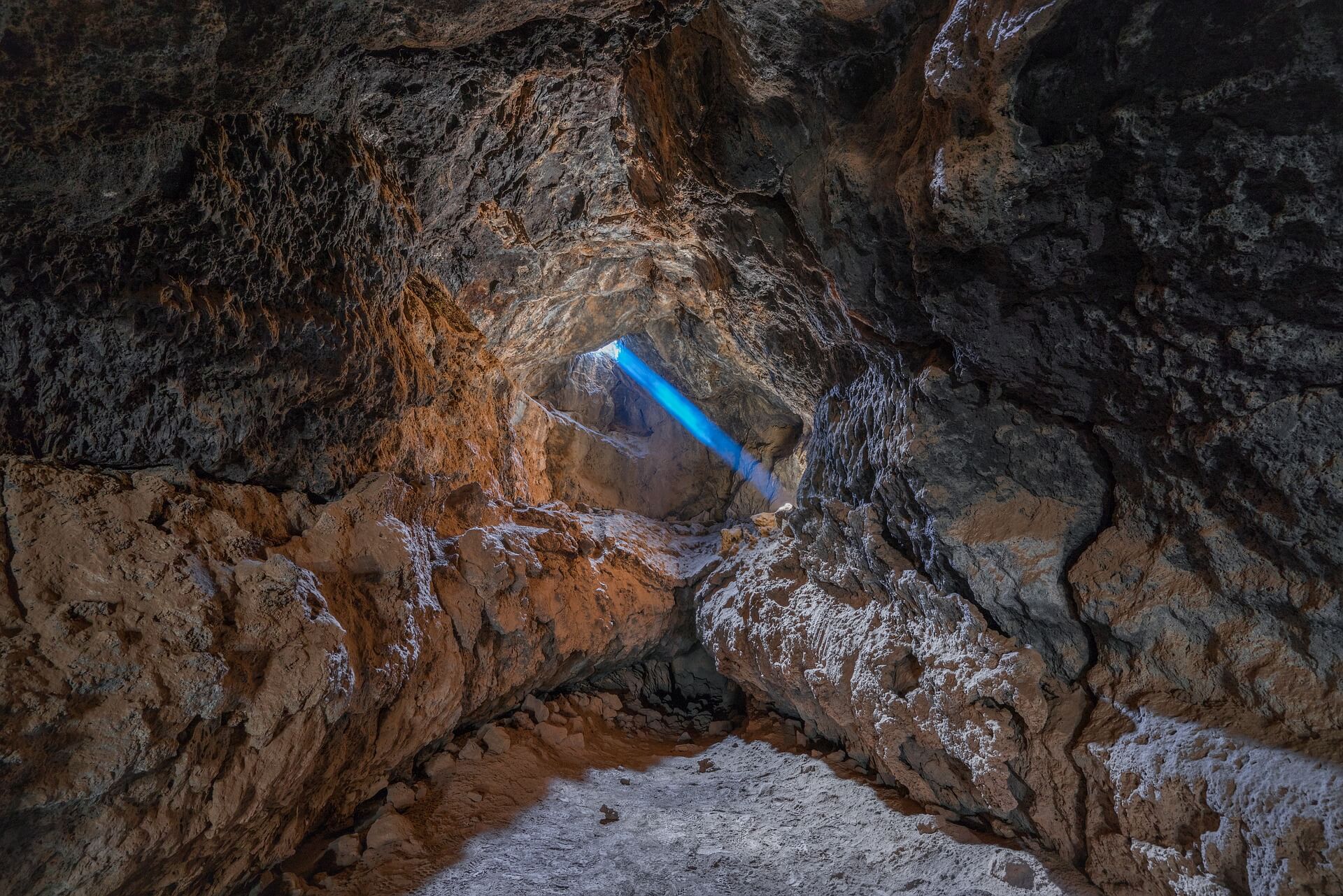On May 15, 2020, the government emergency committee approved the biosecurity prevention protocol for the mining sector in response to the COVID-19[1] pandemic. We highlight the most important provisions:
Scope of application
- The protocol is mandatory for all holders of mining rights, as well as for contractors and suppliers of services in the mining sector, in all stages of mining.
- The protocols or contingency plans which are drawn up must contain at least the provisions in this protocol, in the COVID-19 Action Plan and Protocol for the Mining Sector issued by ARCOM and the state’s public health guidelines and policies.
Transport requirements:
- The transport plan for employees must ensure social distancing is observed during transfers inside mining operations and for outside transport to and from the operations; and for the transport of minerals or supplies for the mine or mining project.
- Implement the following for staff starting or leaving a work shift:
- Establish a route map including programmed stops outside populated areas. Detours are prohibited.
- Carry a list of staff with their personal IDs and job titles.
- Operate transport at 50% capacity.
- Clean and disinfect the vehicle before and after each journey.
- Mandatory use of mask during the journey.
- For the internal transport of staff:
- The mode of transport must not exceed 50% capacity.
- Clean and disinfect vehicles regularly.
- For the transport of minerals or supplies for the mine or mining project:
- Establish a route map including programmed stops outside populated areas. Detours are prohibited.
- Clean and disinfect the vehicle before and after each journey.
Staff management requirements:
- Change of work schedule: At least five days’ notice must be given of a change in work schedule.
- Medical check: Mandatory medical check before the worker goes to the workplace. Must have a control document and/or a recording if the check was carried out by digital means. Workers entering at each shift handover must not have any COVID-19 symptoms. There will also be a medical check before entry to the mining operations. Each worker will be responsible for reporting any COVID-19 symptoms or similar symptoms to the medical department.
- Cleaning and disinfection: Must regularly clean and disinfect facilities, equipment and machinery, access points, workplaces, meeting rooms, offices, canteens, common areas, dormitories, laundry rooms, storerooms and kitchen, etc.
- Ensure social distancing: Must have a plan to ensure social distancing measures are observed.
- Strict controls: Mining right holders must establish and enforce strict controls and measures such as: temperature checks for staff, medical checks, record of internal transfers, disinfection mats at access points.
- Vulnerable groups: People in vulnerable groups must work remotely.
- Telework: Remote working will be prioritized for administrative staff or those who are not directly involved in mining operations.
- Alcohol gel dispensers: Must permanently provide 70% alcohol gel dispensers in transport vehicles, workplaces, meeting rooms, offices, canteens, access points and common areas.
- Work shifts: Use the number of staff as defined using analytical-operational means. Reach agreements with workers to set or extend work shifts with the aim to reduce, as far as possible, the number of transfers from and to mining operations.
- Training: Implement a training plan which as a minimum must include the ways COVID-19 is spread; hygiene recommendations to prevent infection; the available protocols, plans and controls implemented by the company and the competent authorities.
Maintenance staff must be specifically trained in the risks inherent to handling waste resulting from personal hygiene, cleaning, disinfection, removal and final disposal of personal protective equipment.
- Detection of possible cases:
- Must implement a specific plan to detect suspected cases of COVID-19 which must include mechanisms for effective detection and screening before entry to the mining operations. Any positive result must be confirmed by a PCR test carried out by an accredited lab, be recorded and notice sent to the relevant health authority. Entry to mining operations will immediately be restricted.
- Keep a record of workers who have been in countries or provinces with higher cases of COVID-19 or in the community spread stage.
- If suspected or positive cases are detected, the Mandatory Preventive Isolation must be implemented immediately. The relevant health authority will be notified to establish the specific protocols for treating the case. In addition, the facilities and spaces in which the person with a suspected or positive case has been in must immediately be disinfected.
- There will be a medical evacuation plan which includes likely scenarios relating to COVID-19.
- Must monitor the health status of workers to enable timely action to be taken to support their recovery.
Mandatory community support
Mining right holders, contractors and suppliers must provide support to the community with initiatives such as community training; disinfection of public spaces; donation of equipment or medical supplies to local health centers; delivery of health protection items to medical staff, law enforcement or the general community, where possible.
[1] See: https://www.gestionderiesgos.gob.ec/resoluciones-coe-nacional-15-de-mayo-2020/
Editorial Board



